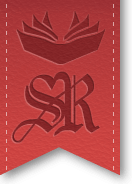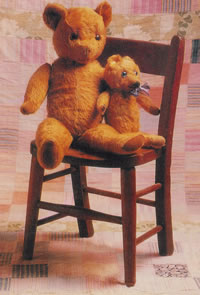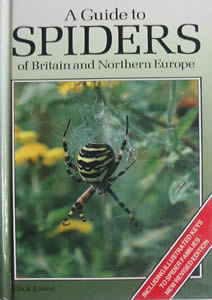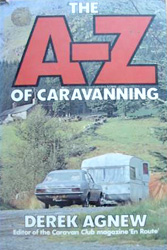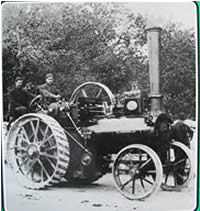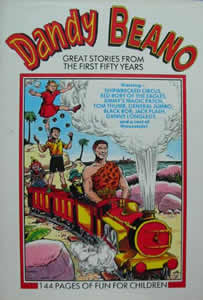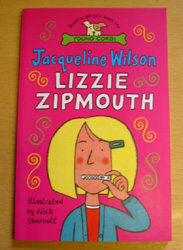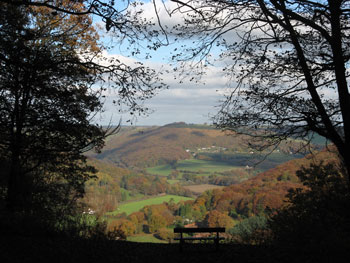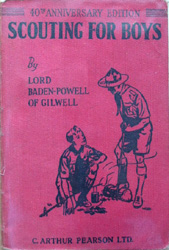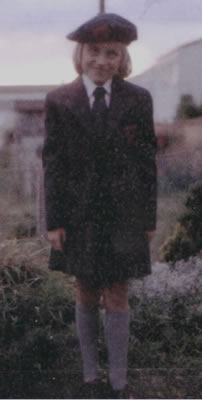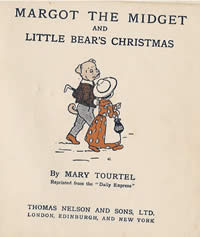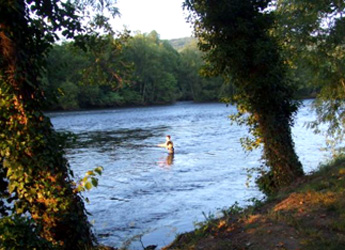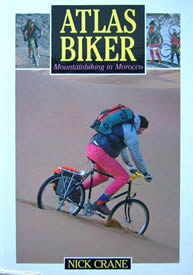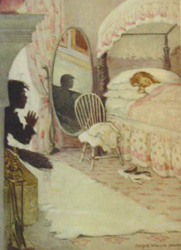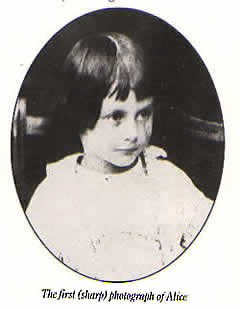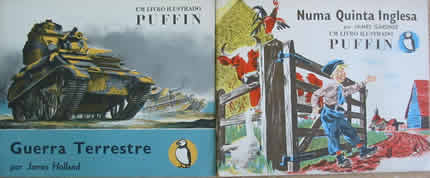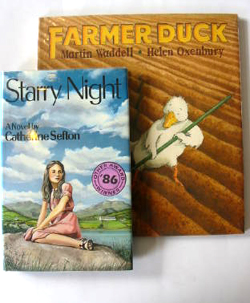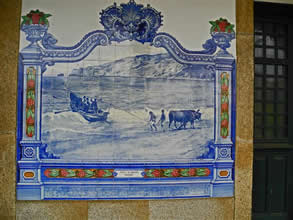To Italy With Giulia
Those of you interested in Classic Cars may remember the article I wrote in August 2009 about the Alfa Romeo Day in Ripon, North Yorkshire that I attended with my husband Steve. Steve (a bit of a petrol head) has spent the last six years rebuilding a 1967 Alfa Romeo Giulia Sprint GT from a bag of bits (literally - when Steve purchased the car everything had been stripped down to its component parts!) Well, this year is the centenary of Alfa Romeo (1910-2010) with big celebrations being held in Milan. Of course my darling beloved was determined to attend and this gave him a huge incentive to complete the restoration of Guilia, his Alfa Romeo, before we left. (Personally, I never thought he would have enough time!) To keep me happy he cleverly planned a holiday to Lake Como, Italy, to coincide with the events being held over the weekend of 26-27 June 2010. This is a diary of our holiday:
